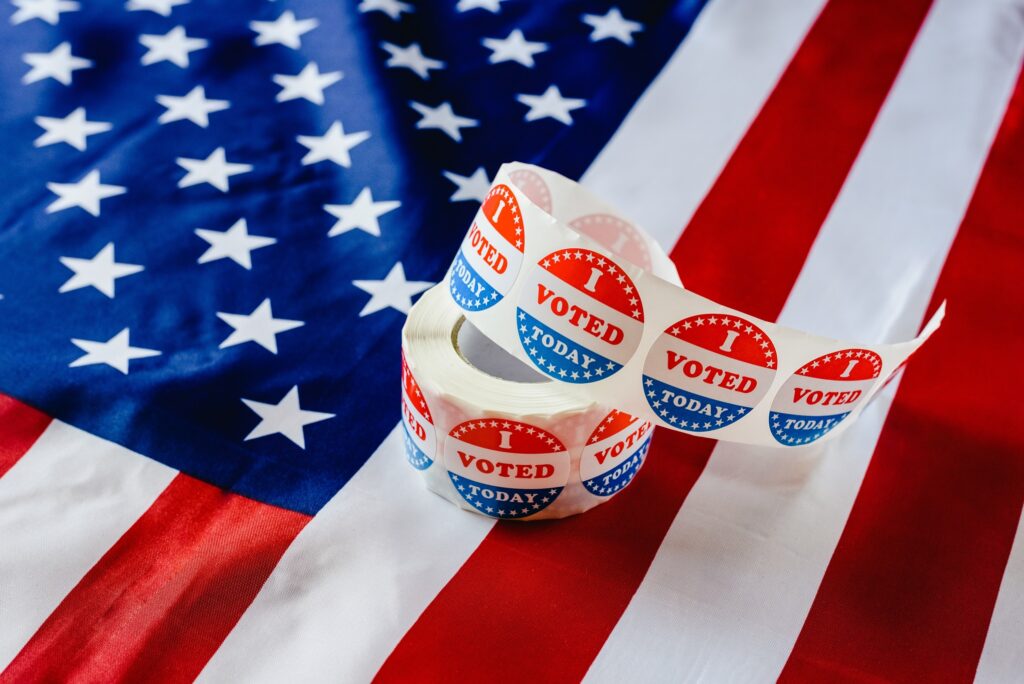What’s the anti-doping agency smoking?
Strangely, her disqualifying infraction wasn’t that she was consuming human growth hormone or anabolic steroids. Rather, she tested positive for THC—the psychoactive element in marijuana. Despite this, President Joe Biden recently appeared to defend the USADA’s decision—stating, “The rules are the rules.” Meaningless tautology aside, some rules are just plain dumb.
The USADA asserts that marijuana “has the potential to enhance performance and violates the spirit of sport.” However, conventional knowledge about cannabis demonstrates otherwise. According to the venerated Mayo Clinic, side effects of marijuana include drowsiness, fatigue and increased appetite. For those keeping score at home, these effects do not give athletes a competitive advantage. In fact, they are more likely to cause a competitive hindrance.
Even so, the USADA—in cooperation with the World Anti-Doping Agency (WADA)—claimed that cannabis is also a “Substance of Abuse.” Thus, it is banned. Perhaps it can be abused, but so are many other things, from fast food to alcohol and everything in between. Similar to booze and fatty foods, it is legal in many areas. Eighteen states and the District of Columbia permit adult use of marijuana and nearly three quarters of states have legalized it for medical purposes. But I am not sure how substances that can be abused but do not give athletes an unfair advantage falls under the purview of the WADA or the USADA, which delineates “anti-doping responsibilities to ensure the protection of clean competition.”
Aside from all of this, Richardson has apologized and taken accountability in admirable fashion. She said, “I just want to take responsibility for my actions, I know what I did, I know what I’m supposed to do, I’m allowed not to do and I still made that decision. I’m not making an excuse or looking for any empathy in my case.” Yet she may deserve some sympathy, given the backstory around her cannabis usage.
According to Richardson, during a media interview, a reporter informed the 21-year-old athlete that her biological mother had died. This was unexpected news to Richardson and was evidently delivered in an impersonal manner. Richardson stated, “From there just blinded by emotions, blinded by bad news, blinded by just hiding hurt […] so at least in some type of way, I was trying to hide my pain,” which is an understandable reaction. After receiving the news, she claimed that she consumed cannabis—in Oregon where it is legal—causing her to fail her drug test.
Of course, Richardson knew that marijuana was a banned substance beforehand and bears responsibility. If she didn’t want the subsequent trouble with the USADA, then she shouldn’t have used cannabis, but her case illustrates the ridiculousness of the WADA’s and USADA’s rules. However, delving deeper into the WADA and USADA code revealed some curious inconsistencies.
Interestingly, there are exemptions to the cannabis ban. Athletes can apply for Therapeutic Use Exemptions (TUE) presumably because medical cannabis is used to treat a host of different conditions. These include chronic pain, glaucoma, epilepsy, types of nausea and others. Certainly, many Olympians cope with such maladies, but this raises even more issues.
First, American doctors cannot issue prescriptions for cannabis. They could lose their license to practice medicine if they do. They can only make recommendations to try cannabis, which seems like a much less official reason for which to base a TUE. Second, if the USADA and WADA legitimately believe that marijuana is performance enhancing, then why can some people use it but not others? If it provided a competitive advantage, which it doesn’t, then this would create an unlevel playing field. For example, if one Olympic bodybuilder received a TUE to use steroids, then they would be unfair to the other competitors.
It’s easy to see the issues with the prohibition against cannabis, and it is hard not to sympathize with Sha’Carri Richardson. Most sports fans, such as myself, want to see the best of the best competing on the world stage and doing so without taking performance-enhancing drugs. It appears that Richardson meets this standard. I’d like to see her compete for the gold medal, and it seems as though it is past time for the USADA and WADA to revisit their rules.






